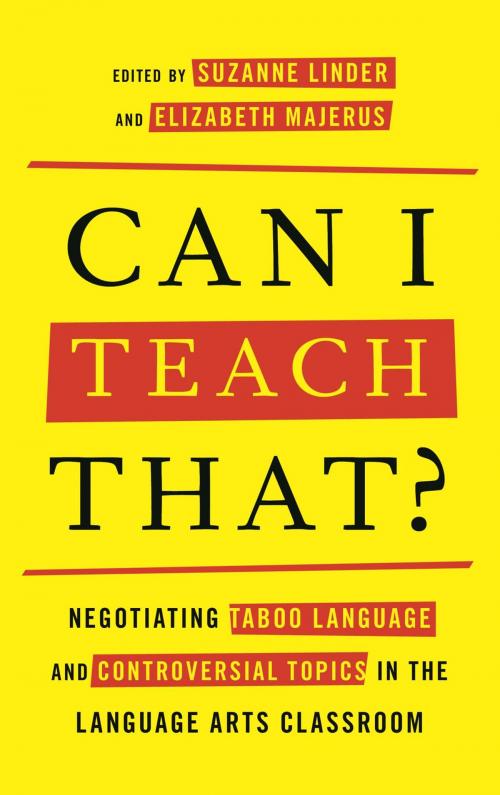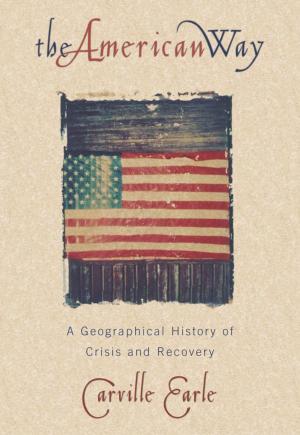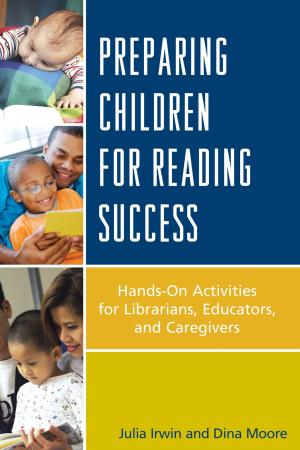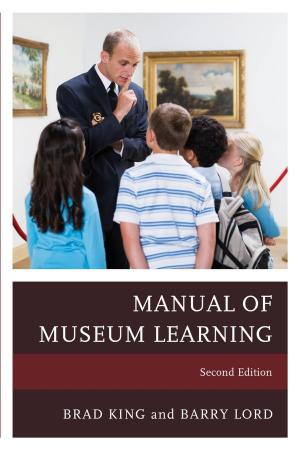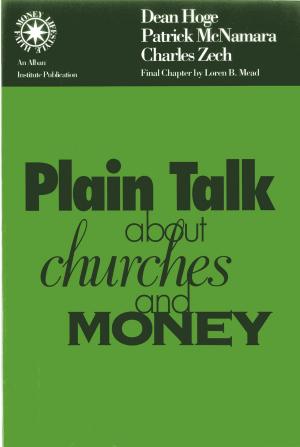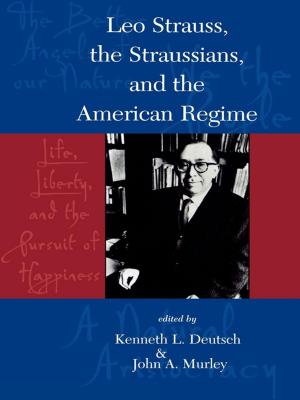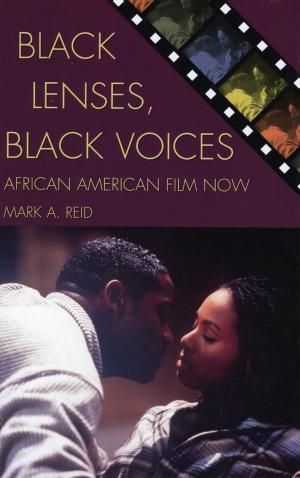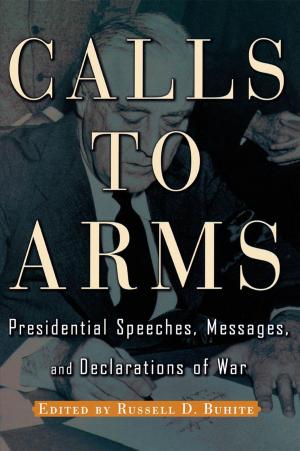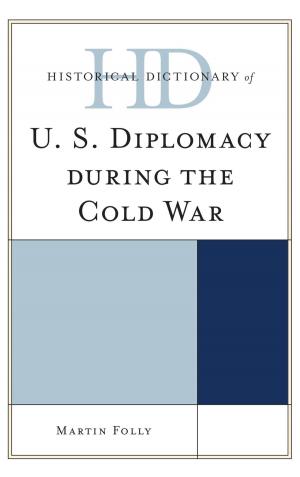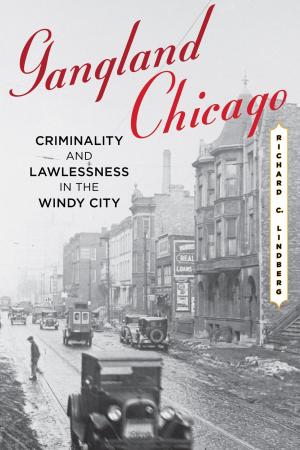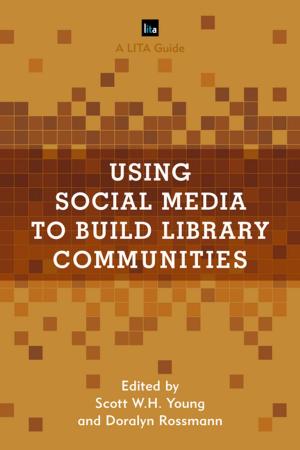Can I Teach That?
Negotiating Taboo Language and Controversial Topics in the Language Arts Classroom
Nonfiction, Reference & Language, Education & Teaching, Teaching, Teaching Methods| Author: | ISBN: | 9781475814781 | |
| Publisher: | Rowman & Littlefield Publishers | Publication: | July 11, 2016 |
| Imprint: | Rowman & Littlefield Publishers | Language: | English |
| Author: | |
| ISBN: | 9781475814781 |
| Publisher: | Rowman & Littlefield Publishers |
| Publication: | July 11, 2016 |
| Imprint: | Rowman & Littlefield Publishers |
| Language: | English |
Can I Teach That? Negotiating Taboo Language and Controversial Topics in the Language Arts Classroom is a collection of stories, strategies, advice, and documents collected for teachers who are using or plan to use materials or implement policies they know may be controversial. It is for any teacher dedicated to engaging their students in the complex, challenging, and rewarding activities of reading and writing, for any teacher committed to speaking honestly with students. For any teacher, period. Because when we decide to work with young people, when we commit to sharing books and ideas that engage their hearts and minds, when we strive to get adolescents to think critically and write honestly, we open ourselves up to suspicion and critique from someone, somewhere, no matter how above reproach we feel our materials and strategies are.
Few language arts teachers will experience a full-blown challenge to the content of their curriculum, but many may self-censor or suffer through awkward and challenging conversations with colleagues, administrators, parents, and other members of their community. This book is for those times when teachers are called on to defend and legitimize their use of controversial material in their classroom––material that they know reflects students’ reality, even as it makes adults uncomfortable and fearful about their inability to protect children from that very reality.
Can I Teach That? Negotiating Taboo Language and Controversial Topics in the Language Arts Classroom is a collection of stories, strategies, advice, and documents collected for teachers who are using or plan to use materials or implement policies they know may be controversial. It is for any teacher dedicated to engaging their students in the complex, challenging, and rewarding activities of reading and writing, for any teacher committed to speaking honestly with students. For any teacher, period. Because when we decide to work with young people, when we commit to sharing books and ideas that engage their hearts and minds, when we strive to get adolescents to think critically and write honestly, we open ourselves up to suspicion and critique from someone, somewhere, no matter how above reproach we feel our materials and strategies are.
Few language arts teachers will experience a full-blown challenge to the content of their curriculum, but many may self-censor or suffer through awkward and challenging conversations with colleagues, administrators, parents, and other members of their community. This book is for those times when teachers are called on to defend and legitimize their use of controversial material in their classroom––material that they know reflects students’ reality, even as it makes adults uncomfortable and fearful about their inability to protect children from that very reality.
